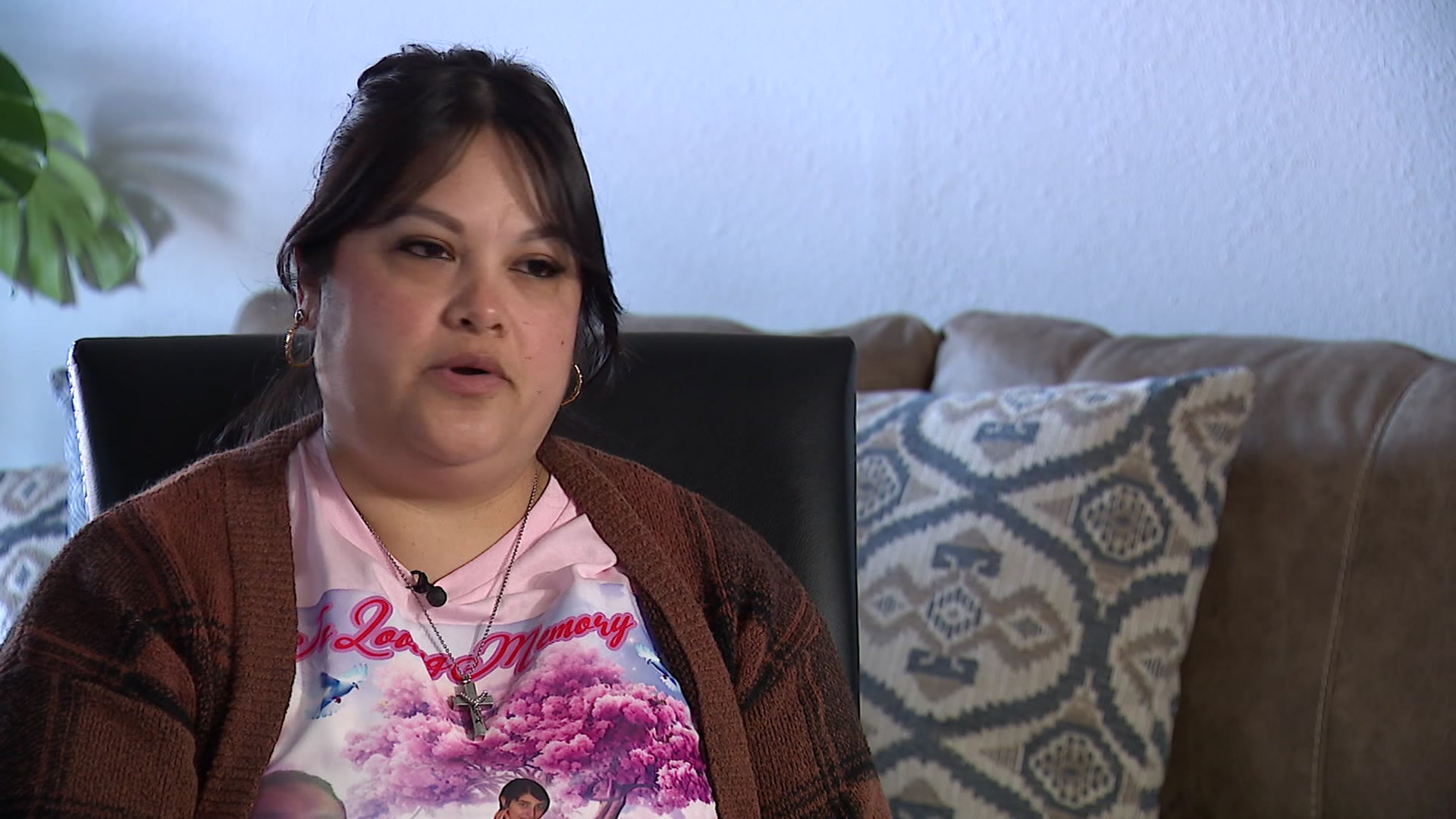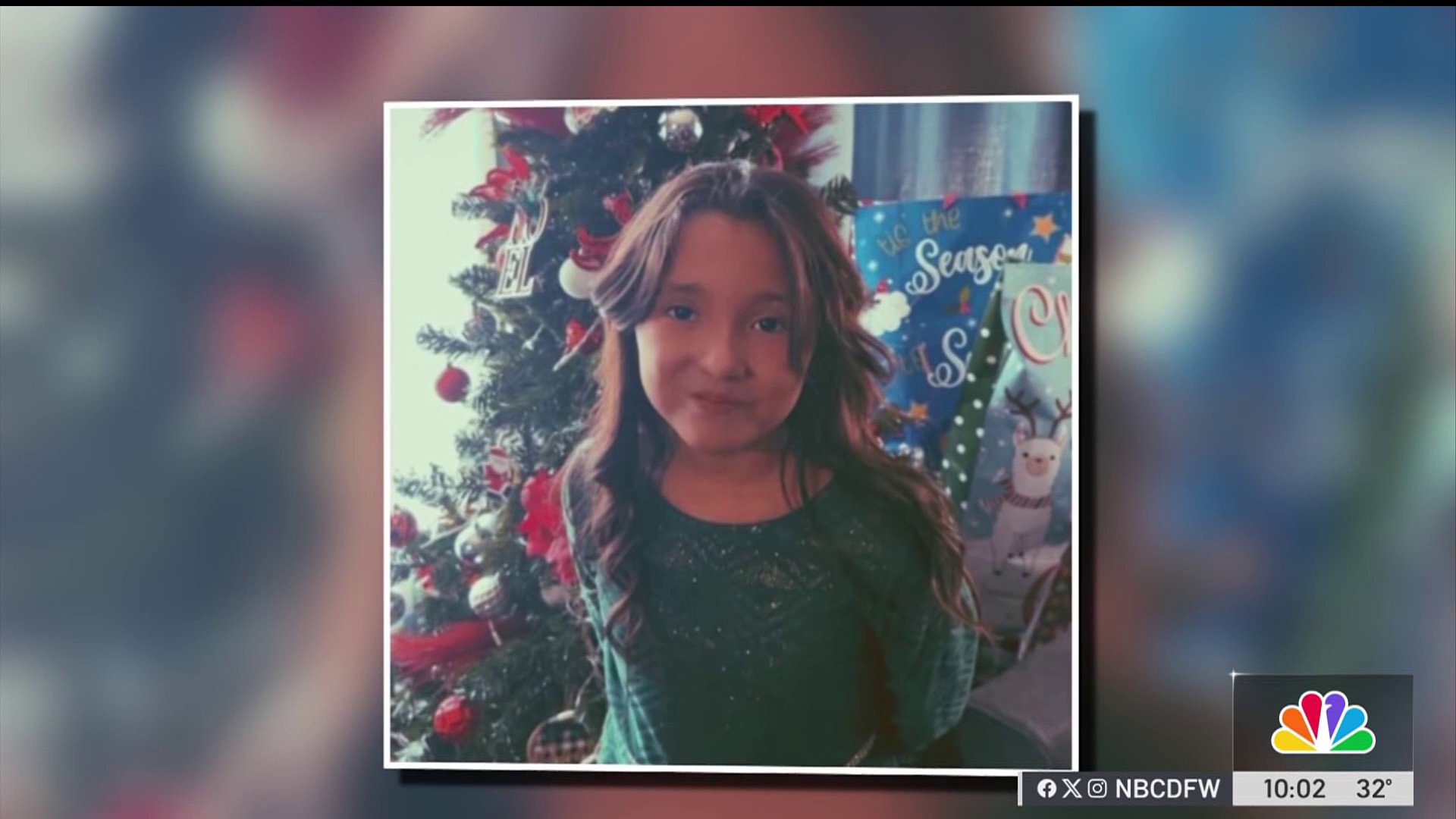Some parents are on the fence about getting the COVID-19 vaccine for their children. Most recently, the Kaiser Family Foundation reported that a quarter of parents surveyed plan to wait to see how it’s working and about a quarter have no plans to get their child vaccinated. NBC 5 Health Reporter Bianca Castro spoke with the infectious disease specialist leading one of the Pfizer clinical trials in kids down in Houston.
Some parents are on the fence about getting the shot for their children.
Watch NBC 5 free wherever you are
Infectious Disease Specialist Dr. Flor Munoz at Texas Children's Hospital hopes parents become informed about the vaccine to help ease their anxiety.
"The fact that we are still facing this pandemic and that we still have a problem with how COVID-19 is affecting different populations should be a reassurance for parents to be able to be confident that we have a vaccine that is safe and effective for their children," said Dr. Munoz.
Get top local stories in DFW delivered to you every morning with NBC DFW's News Headlines newsletter.
She's one of the principal investigators in Pfizer's pediatric vaccine clinical trials which enrolled thousands of teenagers to receive the two-dose vaccine.
In terms of side effects, she says children experienced the same reactions as adults and those reactions are in line with other vaccines.
"They have a risk for pain at injection sites, soreness for a couple of days, redness of the spot, fever in some cases, but very infrequent," said Munoz.
Local
The latest news from around North Texas.
More adolescents reported side effects after the second dose than after the first.
Side effects generally lasted one to three days.
Munoz said concerns about the unknowns of what might happen if your child gets vaccinated shouldn't outweigh the potential long-term effects of a COVID-19 infection.
There are now trials underway to determine what dose of the vaccine would be needed for children under the age of 12.
That data should be available by the end of the year.
Munoz also discourages parents from waiting until later this year to vaccinate their preteen, perhaps at the same time they get next season's flu shot.
"I think that waiting to get the COVID-19 vaccine until then is not a good choice. There will be COVID still around between now and then and what you want to do is protect against COVID right now," said Munoz.




